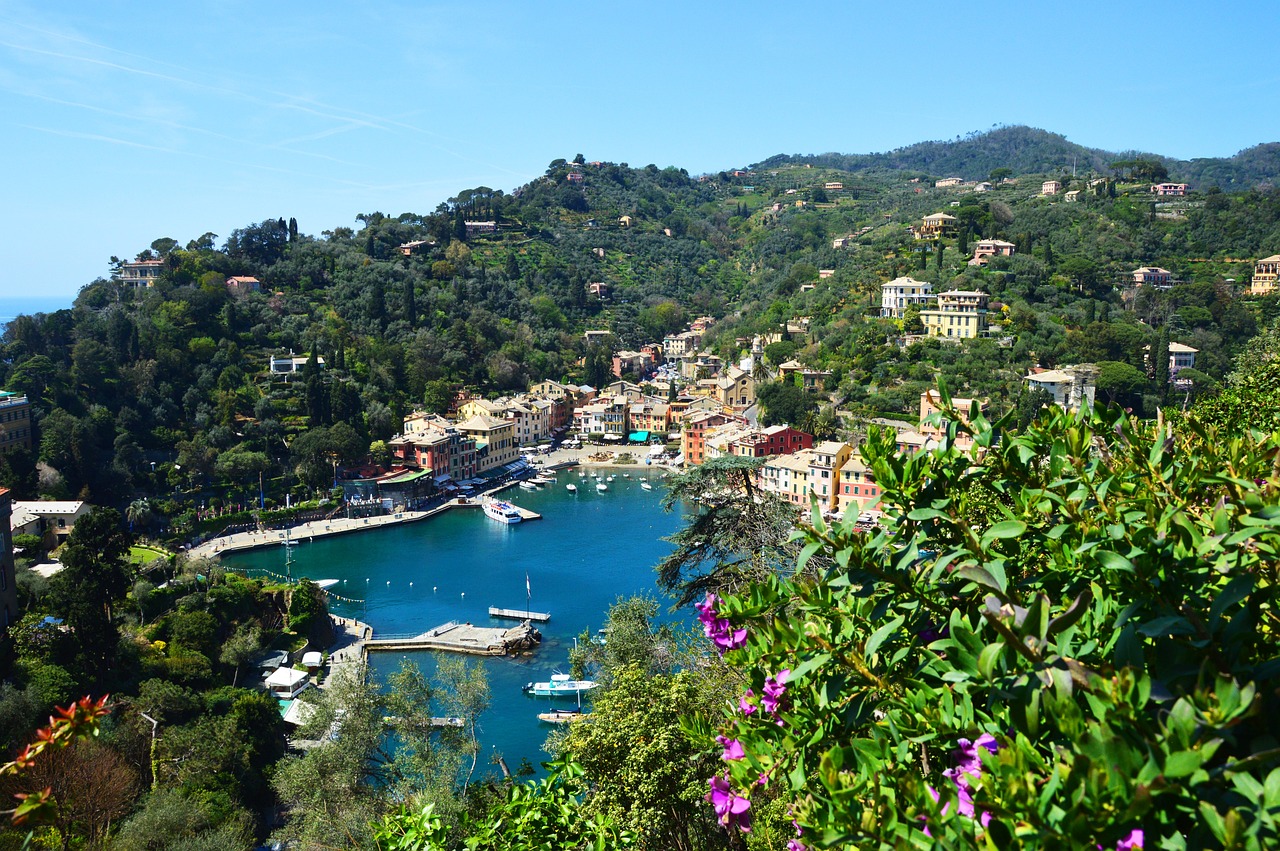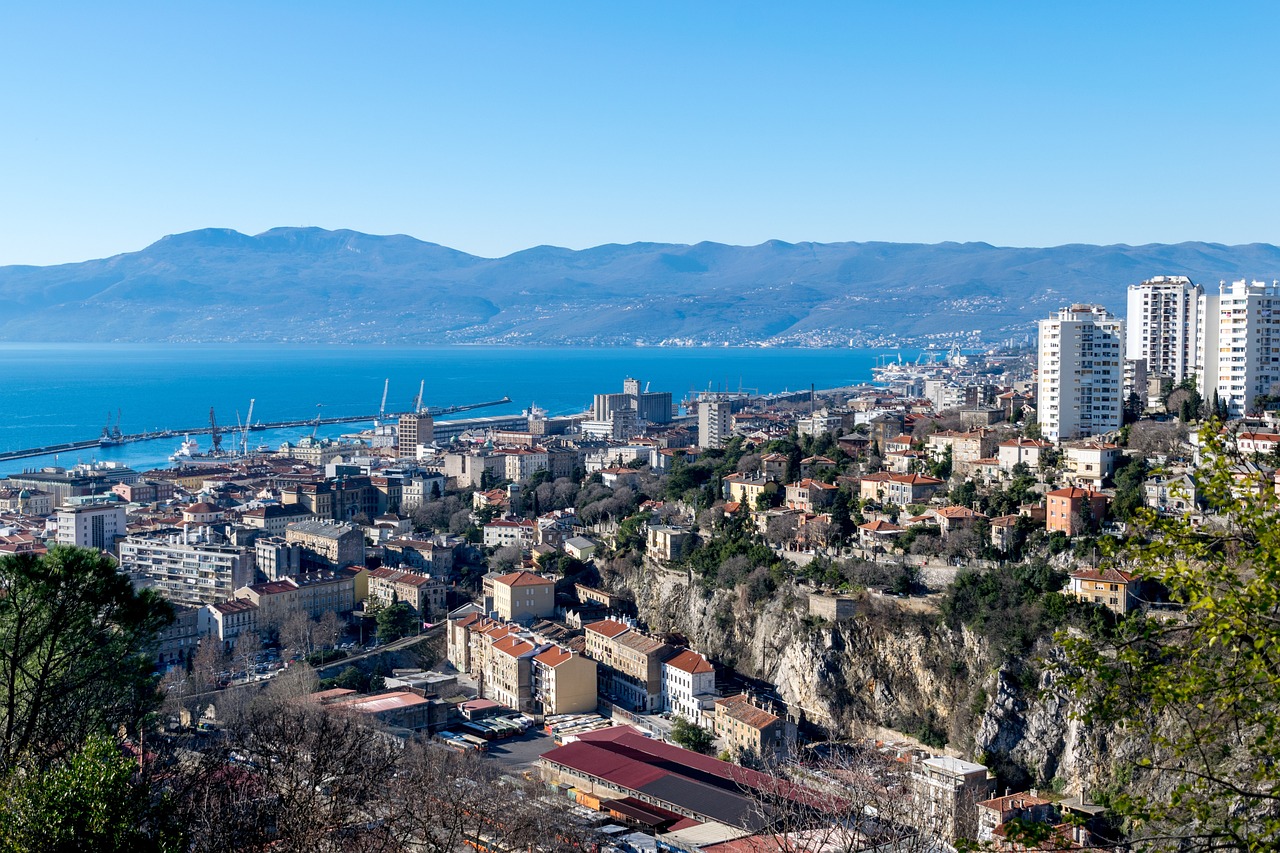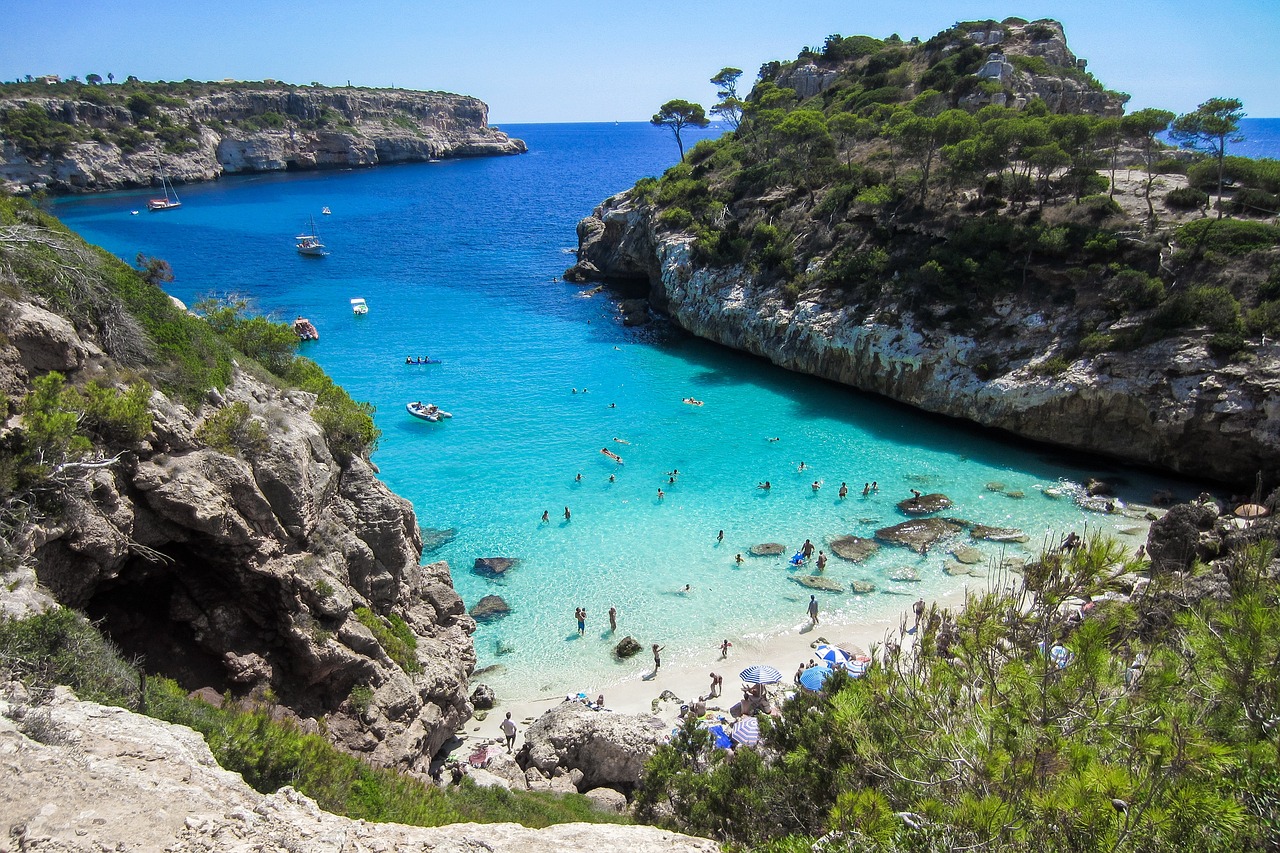
59 percent of those traveling abroad plan to spend at least a week in the chosen country.Continue reading

Hungarians will spend an average of HUF 327,000 (1 EUR = 392 HUF) on holidays this year, according to a survey conducted by K&H in the first quarter of 2024. This is a significant increase compared to the low point of 2021, when the planned annual travel budget was just HUF 183,000. In the following years, the estimated average increased first to HUF 247,000 in 2022, and then to HUF 296,000 in 2023.
The rate of increase has slightly slowed compared to last year, due to the weaker forint, reports Világgazdaság. At the 2021 exchange rate of slightly less than HUF 359, as recorded by the central bank, the holiday spending that year was over EUR 510. A year later, despite the euro exchange rate rising to HUF 391, the amount was EUR 631, while last year, based on the exchange rate of HUF 382, it was almost EUR 775. In forint terms, this represents an increase of 80%, while in terms of the euro, it is only a 52% rise, compared to 2021.

Rijeka, Croatia. Photo via Pixabay
People from Budapest spend the most on holidays and vacations, with an average of HUF 444,000.
Residents of rural towns and cities spend between HUF 313-331,000, while residents of villages spend an average of only HUF 236,000 on holiday. Those with higher education mentioned nearly HUF 400,000, while those with lower education reported an average of HUF 271,000. The same difference can be seen as incomes increase, where the range is between HUF 161,000 and HUF 422,000.
As in the previous year,
the average number of people who would travel on this budget is 2.4.
The longer-term data series shows a downward trend, mainly because the number of people traveling alone or paying for their holiday alone has increased by a quarter.
The majority of middle-aged Hungarians, 40%, are traveling alone. This is particularly the case for the over 50s, where the figure is 50%. 13% of travelers go on holiday with three people. 24% of 40-year-olds spend their holidays in a group of three. Expenditure averages based on the number of travelers are heavily skewed towards those going alone, spending an average of HUF 205,000 on holidays. For two-person holidays, only HUF 120,000 are spent per person. Groups of three people spend HUF 90,000 per person and groups of four people HUF 85,000.

Mallorca. Photo via Pixabay
Travelers typically plan their holidays with the same traveling companions as in previous years.
14% of travelers are embarking on their summer adventure alone. This is more the case for men and those living in the central region. 43% of those surveyed by K&H are going on holiday with a spouse or partner, and 46% with their immediate family, parents, or children. The latter is 56% for women and 39% for men. The involvement of extended family was mentioned by 10% of travelers, mainly those with lower incomes. Groups of friends account for 17% of holidaymakers. Within this group, the proportion of people from the capital is particularly high at 30%.
The question of how people cover their travel expenses has not changed compared to 2023. 69% of survey respondents use their own income and savings for this purpose. The proportion is 77% for 30-39 year olds and 78% for high income earners. For 19% of holidaymakers, another family member contributes significantly to the cost of the trip. On average, a bank loan plays a role in covering expenses for 8% of people. While those with higher incomes have little need for it, the proportion is 14-16% for those with lower incomes. The SZÉP card (the most popular fringe benefit in Hungary) is expected to be a significant source for 25% of travelers this year, up from 30% last year. For those with children, the share is 36%, and 19% for those without children.

Some people use the SZÉP card for domestic travel, as many hotels accept it. Photo via Facebook/Hévíz Az Élet Forrása
Via Világgazdaság; Featured image via Pexels